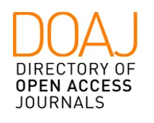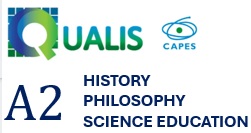Hybrid Knowledge and the Historiography of Science
Rethinking the History of Astronomy between Second-Century CE Alexandria, Ninth-Century Baghdad, and Fourteenth-Century Constantinople
DOI:
https://doi.org/10.24117/2526-2270.2021.i11.09Keywords:
Astronomy, Astrology, Hybrid Knowledge, Alexandria, Baghdad, ConstantinopleAbstract
Originating in the field of biology, the concept of the hybrid has proved to be influential and effective in historical studies, too. Until now, however, the idea of hybrid knowledge has not been fully explored in the historiography of pre-modern science. This article examines the history of pre-Copernican astronomy and focuses on three case studies—Alexandria in the second century CE; Baghdad in the ninth century; and Constantinople in the fourteenth century—in which hybridization played a crucial role in the development of astronomical knowledge and in philosophical controversies about the status of astronomy and astrology in scholarly and/or institutional settings. By establishing a comparative framework, this analysis of hybrid knowledge highlights different facets of hybridization and shows how processes of hybridization shaped scientific controversies.
Downloads
Published
Issue
Section
License
Copyright (c) 2021 Alberto Bardi

This work is licensed under a Creative Commons Attribution 4.0 International License.












